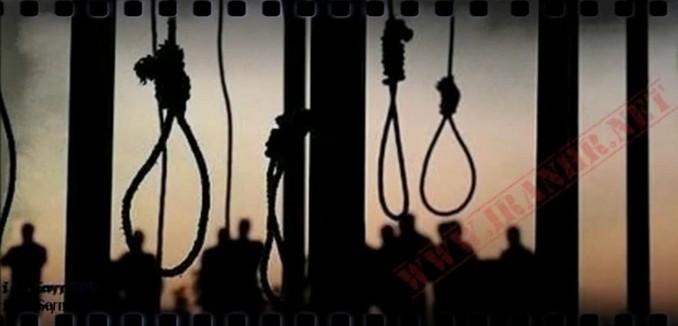Iran executed a gay teenager last month in contravention of international law, which prohibits the application of the death penalty to minors, Amnesty International revealed on Tuesday.
Hassan Afshar, 19, was hanged in the Arak prison on July 18 after being convicted of “forced male-to-male anal intercourse.” He was arrested at age 17 and accused along with two other youths of forcing a teenage boy to have sex with them. Afshar claimed that the relations were consensual and that his accuser had engaged in same-sex relations previously.
“Iran has proved that its sickening enthusiasm for putting juveniles to death, in contravention of international law, knows no bounds,” said Magdalena Mughrabi, Amnesty’s deputy Middle East and North Africa programme director. “Hassan Afshar … had no access to a lawyer and the judiciary rushed through the investigation and prosecution, convicting and sentencing him to death within two months of his arrest as though they could not execute him quickly enough.”
In its report, Amnesty explained that “rape does not fall into the category of offences for which the death penalty can be imposed under international law.” Moreover, the complete criminalization of male to male sexual intercourse in Iran means that if the act “had been deemed consensual, the teenager who accused Hassan Afshar of rape would himself have been sentenced to death.”
Volker Beck, a German Green Party MP and an LGBT rights activist, told the Jerusalem Post that “Iran is a signatory to a UN treaty that does not completely ban the death penalty but limits capital punishment to severe crimes and outlaws the execution of juveniles.”
“In the court case Toonen vs Australia, Geneva [United Nations Human Rights Committee] determined that the criminal prosecution of Homosexuality violates the International Covenant on Civil and Political Rights. Iran violates, with this execution, in three ways, its human rights obligations. Our foreign policy should strongly address the human rights situations in Iran and Saudi Arabia,” he added.
Stefan Schaden, an LGBT rights activist and spokesman for the European ‘STOP THE BOMB’ campaign, told the Post that “Consensual homosexual conduct remains illegal under Iran’s Sharia law and is punished with public flogging or even execution. While the Islamic State throws gays from rooftops, the Islamic Republic [of Iran] hangs them.”
“Iran’s Islamist regime proves again with its actions that it is anything but ‘moderate’. While the US administration and the European Union promote trade with Iran as if they were the regime’s chamber of commerce, they willingly ignore the latest mass executions, arrest waves, the financing of terror and the horrible human rights situation. Iran’s barbaric henchmen promote and enact deadly homophobia and force homosexuals to flee the country,” he added.
A 2008 Wikileaks dispatch estimated that Iran executed between 4,000 and 6,000 homosexual men and women since the 1979 Islamic Revolution. Iran frequently charges gay men with rape in cases of consensual sex in order to justify the application of the death penalty.
The report of Afshar’s execution comes on the heel of reports that Iran executed as many as 20 Kurdish activists earlier this week.
There were at least 966 executions in Iran last year, the highest total in ten years. Over the past decade, the number of executions in Iran has climbed and reached record yearly highs in each of the three years of President Hassan Rouhani’s tenure. Last year, Shaheed called the execution rate during Rouhani’s term in office “an unprecedented assault on the right to life.” Rouhani’s appointed Justice Minister, Mostafa Pour-Mohammadi, earned the nickname “minister of murder” for having overseen the summary executions of tens of thousands of dissidents in the late 1980’s.
In Should the U.S. Take Iran’s Human Rights Problem More Seriously?, which was published in the April 2015 issue of The Tower Magazine, senior editor Ben Cohen highlighted Shaheed’s efforts to document Iran’s human rights situation, which has worsened since the election of Hassan Rouhani as president in 2013.
[Photo: joudiasghar / YouTube ]




